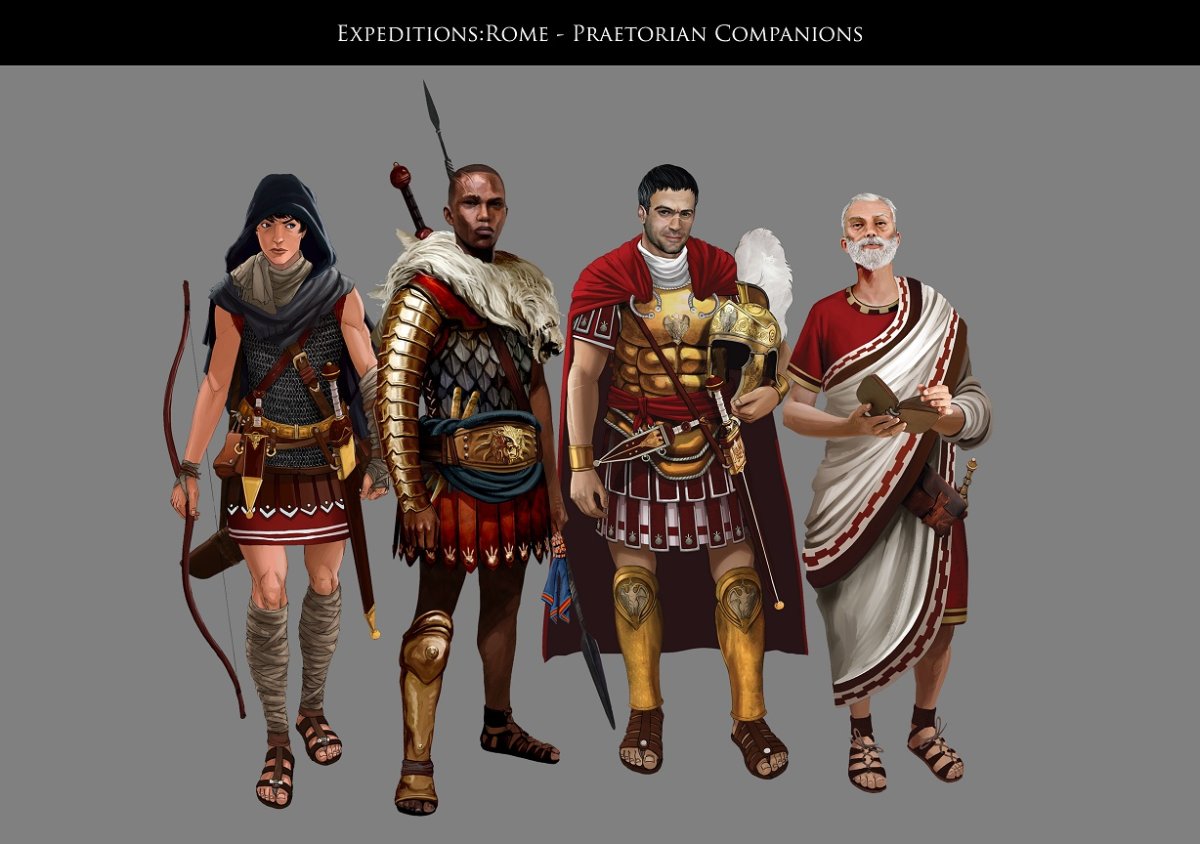Mark Richard
Arcane
- Joined
- Mar 14, 2016
- Messages
- 1,213
Isn't that statement just reaffirming what the Expedition series already does for the benefit of newcomers? In historical fiction literature the outline of recorded history is generally preserved, such as the outcome of major battles, but the details can be changed for the sake of entertainment. A commander known for his bravery might've won the battle for real, but his fictional counterpart turned out to be a coward who simply took credit for the true hero's exploits. RPGs have to go further with the introduction of player choice. Apparently Logic Artists has someone Jonas affectionately describes as a 'history enforcer' to make sure they don't go completely off the rails (and I hope his every word is law), but the thing to strive for here is authenticity. Equipment, culture, attitudes - everything is grounded by this before the player is thrust into the role of a character who's in a position to alter the course of history. Wouldn't be much of an RPG if I couldn't side with the Aztec Empire instead of destroying them."I can't believe they have women in the party just like every other party-based RPG in existence"
A key sentence is
To us, history isn’t a set of events that must be experienced the way they actually happened, but rather a backdrop for a complex plot that may borrow countless elements from history but must not be limited by it.
In regard to the historical elements, thus far I've seen no indication of any shift in direction at all. Conquistador had an optional female player character and recruitable warrior women, including one the party refers to as an amazon! From the very beginning it was all here.
Pathfinder: Kingmaker is another game that had to endure this scrutiny, even though the arguments against it crumble to dust when confronted by the tiniest dose of logic. Yes the barbarian is a strong woman, but she's also a joke. Yes the orc and elf have a romantic relationship, but its depicted as deeply unhealthy. By its very nature virtue signalling is not subtle or nuanced. Confirming its existence should be easy, and yet more often than not the '''damning evidence''' is stripped of the very context that would've flipped the argument on the person who presented it.

























